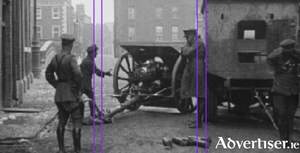Search Results for 'Provisional Government'
9 results found.
Patriot statue needs spring clean
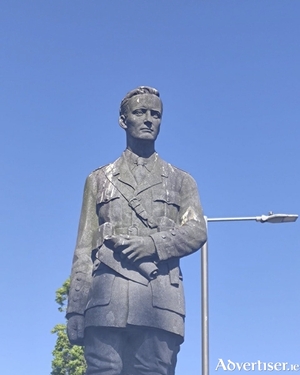
Sinn Fein’s Galway West TD, Mairéad Farrell, wants the statue of Liam Mellows cleaned before Easter Rising commemorations this weekend.
The Anglo-Irish Treaty - A flawed document, or the means to achieve freedom?
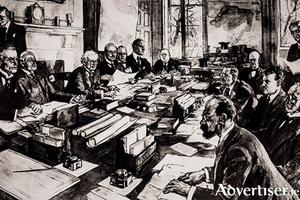
As a direct consequence of the death of three National Army soldiers during a botched raid on the barracks in Headford on Sunday April 8 1923, six anti-Treaty young men, already in Galway jail, were selected for immediate execution. They had been arrested during a raid on their training camp in the Currandulla area six weeks earlier.
Monsignor McAlpine would not take orders from boys he had baptised
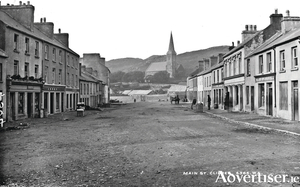
After sporadic fighting in Galway during the summer of 1922, and the occupation of some buildings in the town, including the old RIC barracks in Eglington Street, and the former Connaught Ranger barracks at Renmore, the anti-Treaty forces withdrew into Connermara, and into the east Galway countryside.
Liam Mellows, enigmatic republican and notorious irreconcilable
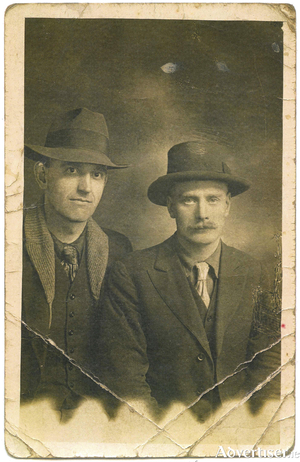
William Mellows was born in Ashton-under-Lyne, Manchester, where his father, Staff Sergeant William Mellows, was then stationed. His father had ambitions for the son to become the fourth generation of the family to serve in the armed forces, but after they moved back to Ireland, Liam became steadily disillusioned with the British Government. He lived in Dublin for a time and spent a lot of time living in his grandparents' house in Co Wexford, where his mother came from.
New exhibition at Galway City Museum marks century since vote on Anglo-Irish Treaty
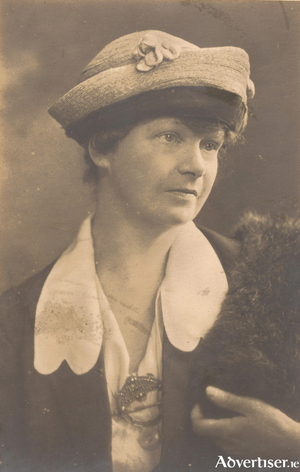
Today June 16 marks the centenary anniversary of the general election in which Irish voters had the opportunity to vote for candidates who supported or rejected the Anglo-Irish Treaty, which granted Dominion Status, similar to that of Canada and South Africa, to 26 of the 32 counties of Ireland.
‘Oh steer my bark to Erin’s Isle...’
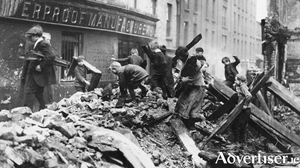
On Friday evening towards the end of the Easter Rising, there was one further horrific incident that convined Padraic Pearse that surrender, and quickly, was the only course open to the rebels.
‘Oh steer my bark to Erin’s Isle...’
On Friday evening towards the end of the Easter Rising, there was one further horrific incident that convined Padraic Pearse that surrender, and quickly, was the only course open to the rebels.
‘They all died well, but MacDonagh died like a prince.’
Padraic Pearse, the self-identified President of the Provisional Government, and Commandant-General of the Army of the Irish Republic was rushed to the gallows, or in this case to the grim stonebreakers yard at Kilmainham jail.
